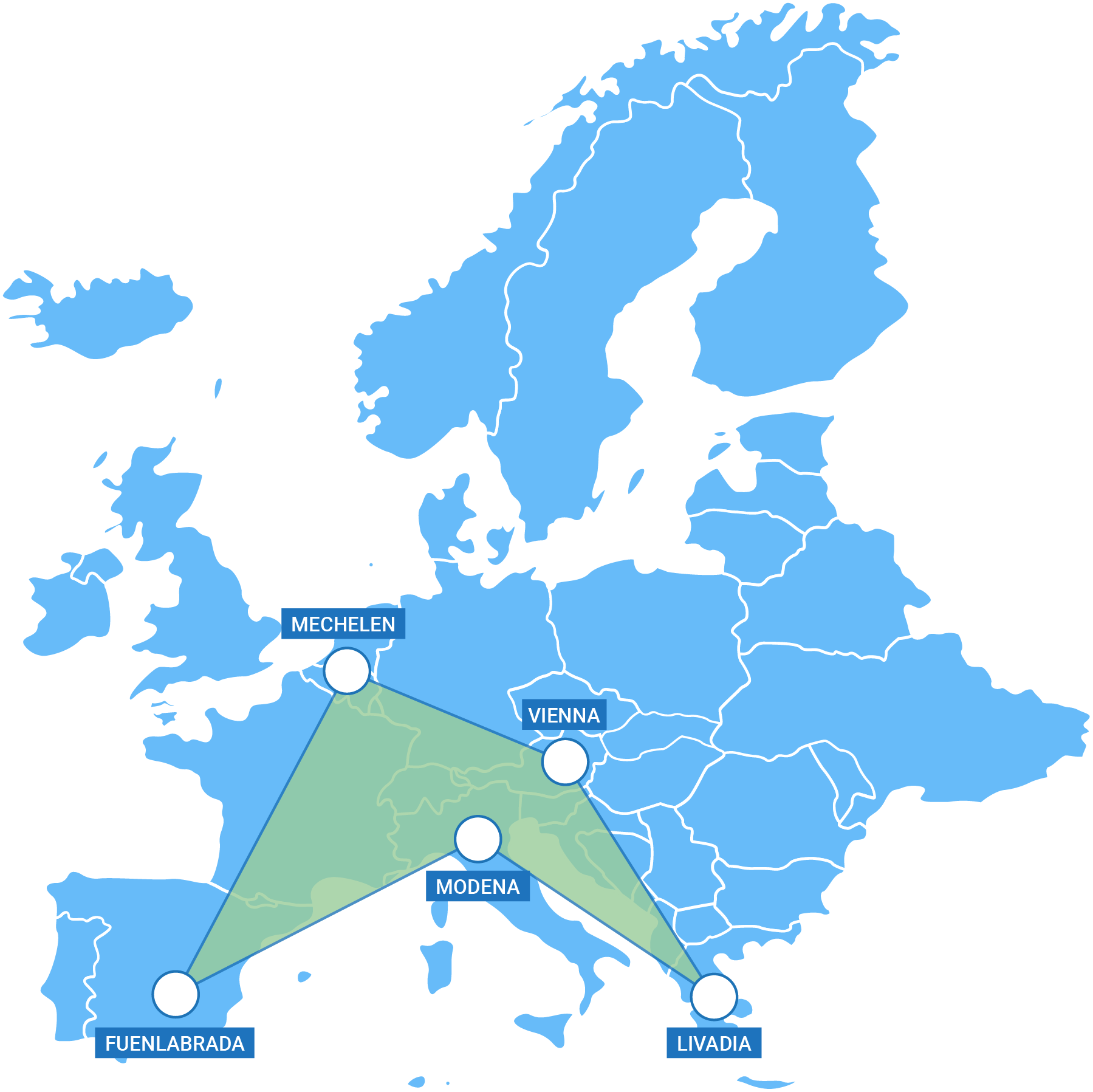
As the European Urban Agenda states: “cities are the places where integration happens. They offer great opportunities for migrants and non-migrants to interact, be it through working, studying and raising their families, but they are also faced with challenges regarding integration and inclusion.”
MUST-a-Lab focuses on their combination of opportunities by organising Policy Labs in six European cities, situated in six different European countries. Each of these cities has its own history with migration and has developed significant good practices in integration strategies. The Karel de Grote Hogeschool (Belgium), the University of Modena and Reggio-Emilia (Italy), the International Institute of Humanitarian Law (Italy) and the Forum des Regions Europeennes pour la Recherche en Education et Formation (France) are also part of the consortium as support for the methodology development and implementation.
The PLs strive for a direct impact in each city by improving and adjusting the implementation of their integration strategies by a joint effort of all relevant stakeholders, including the migrants themselves.
In our approach, integration means hybridisation, since cultural identities and cultural differences are seen as contingent products of social negotiation in which they mix together. In this negotiation, cultural identities can be constructed and narrated as fluid and loose, i.e. as hybrid identities. The PLs can implement and/or improve negotiation of hybrid identities, by transforming cultural differences from blocks of dialogue to dialogic threads.
The Consortium
The integration strategies these six cities have been developing over the past years are related to their specific socio-economic, political, cultural and geographical context, leading to a diversity of strategies that will inspire the exchange in the consortium.
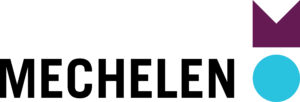
Mechelen
Mechelen (Belgium) has been organising several strategies to prevent young people with a migrant background from leaving school at an early age, including dialogue groups with parents and educational stakeholders, a strategy on which the Policy Labs would elaborate.
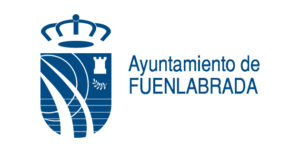
Fuenlabrada
Fuenlabrada's (Spain) experience with integration strategies dates back to the '60s until now, resulting in the recent implementation of a Coexistence Board (settled by the Citizen Participation Department), an Action Plan Against Hate (Police Department), and The Anti Rumours Strategy, as well as the Migrant Assistant Service (Welfare Service Department). Finally, Fuenlabrada has strengthened its commitment of best practices and know-how exchange during the implementation of MILMA, a migrant and refugee project co-financed by the UIA.
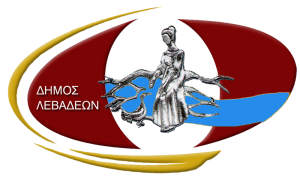
Livadia
Livadia (Greece) has been welcoming a lot of refugees during the last years and has been working on strategies to provide access to basic public services such as education, health services, social and administrative services and employment. It is working on overcoming barriers in language, communication and lack of information. The city is also implementing the ESTIA and the HELIOS Programme on accommodation and integration for asylum-seekers and refugees.

Modena
Modena (Italy) been developing a wide range of training, coaching and sports activities for young people with a migrant background to create equal opportunities for personal and career development, as well as effective housing projects to allow migrant families and young people to emancipate.

Grenoble Alpes Métropole
Thanks to MUST-a-Lab, Grenoble Alpes Métropole will work to ensure a better response to the needs of migrants (and more specifically to those benefiting from international or temporary protection), with the co-design of a Home of Hospitality and local actions to improve how the city welcomes migrants.
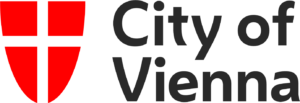
Vienna
Vienna (Austria) will concentrate it process in the district of Neubau and the thematic focus will be on lifelong learning, citizenship education, civil and human rights.
Each city will concentrate on specific topics important to the local context but all cities will use the same methodology and evaluation framework, which will allow cross-border exchange and fertilisation during the project on the level of the PLs methodology as well as on the level of how to implement local integration strategies. This will allow the consortium to develop a methodology for the multi-stakeholder policy labs that is usable in different contexts and can thus be easily transferred to a wide range of European cities. This gives the project a large indirect impact on European local integration strategies.
An important role is assigned to the four non-city partners, which will be in charge of methodology, research, communication, dissemination and engagement thoughout the project’s development.

International Institute of Humanitarian Law
The International Institute of Humanitarian Law (IIHL), based in Sanremo, Italy, has been promoting since 1970 international humanitarian law, human rights, refugee law, migration law and related issues by organizing specific training programmes, international gatherings and round tables.
Within the MUST-a-Lab project, IIHL is in charge of supervising the PLs architecture, ensuring that the method is acquired and effectively implemented by the Municipalities, collaborating with other partners in capacity building activities. As for the project broader Stakeholder engagement and Dissemination aims, IIHL leads the activities regarding the selection and activation of International and Local Stakeholders reference groups and the dissemination of the project's results.
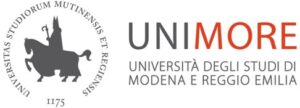
University of Modena and Reggio Emilia
The University of Modena and Reggio Emilia (UNIMORE) is the third oldest University in Europe and now a prestigious academic institution, improving high level education and research in a wide range of scientific fields. It is ranked by the most important independent evaluation bodies as one of the best universities in Italy. It includes 15 departments, and 12 libraries. It is attended by more than 20,000 students and it promotes training sessions with more than 300 organisations. The Must-A-Lab project is allocated to the Department of Studies on Language and Culture (DSLC), a department of studies in Social Sciences and Humanities. The Department hosts research groups involved in studies on childhood, languages, migration and globalisation, working in close interdisciplinary connection.
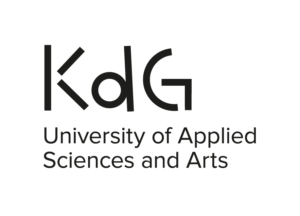
Karel de Grote University of Applied Sciences and Arts
Karel de Grote University of Applied Sciences and Arts (KdG) is one the largest universities of Applied Sciences and Arts in Flanders, Belgium, with 9 campuses in Antwerp and more than 13.500 students in six fields of study: healthcare, education, audio-visual and visual arts, commercial sciences, industrial sciences and technology and social work. KdG currently has 211 partners in Europe and 30 elsewhere and is holder of an Erasmus University Charter awarded by the European Commission. KdG strives to incite intercultural dialogue and awareness, both within its curricula, its student body and several of the research projects it undertakes. Next to the degree programmes, research and consultancy are at the core of the organisation. KdG has several following flagship research centres in different domains. The research centre involved in Must-a-Lab is called ‘Pedagogy in Practice’. It conducts practice-oriented research for and with professionals working with children and youngsters and provides coaching trajectories for professionals working with children, including coaching on the floor. The centre has extensive experience in mixed-methods research, action research, evaluation research, research by design, as well as narratological analysis. Its research exploitation and valorisation activities range from developing hands-on tools to creating digital learning platforms.
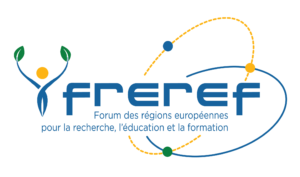
Forum des Regions Europeennes pour la Recherche en Edication at Formation
The Forum des Regions Europeennes pour la Recherche en Education at Formation (FREREF) is a non-profit international organisation which aims to be the instrument for cooperation among different European partners in the field of education, training and research. FREREF participates in numerous European projects, especially within Erasmus+, AMIF and Horizon 2020 programmes. These projects enable the building of communities of practices and the meeting of actors from the education and the economic world, all over Europe. They also create opportunities to organise learning mobilities and to exchange with political institutions at regional and European level, by publicising policy recommendations or position papers on topics related to Lifelong Learning, citizenship education, and integration.
